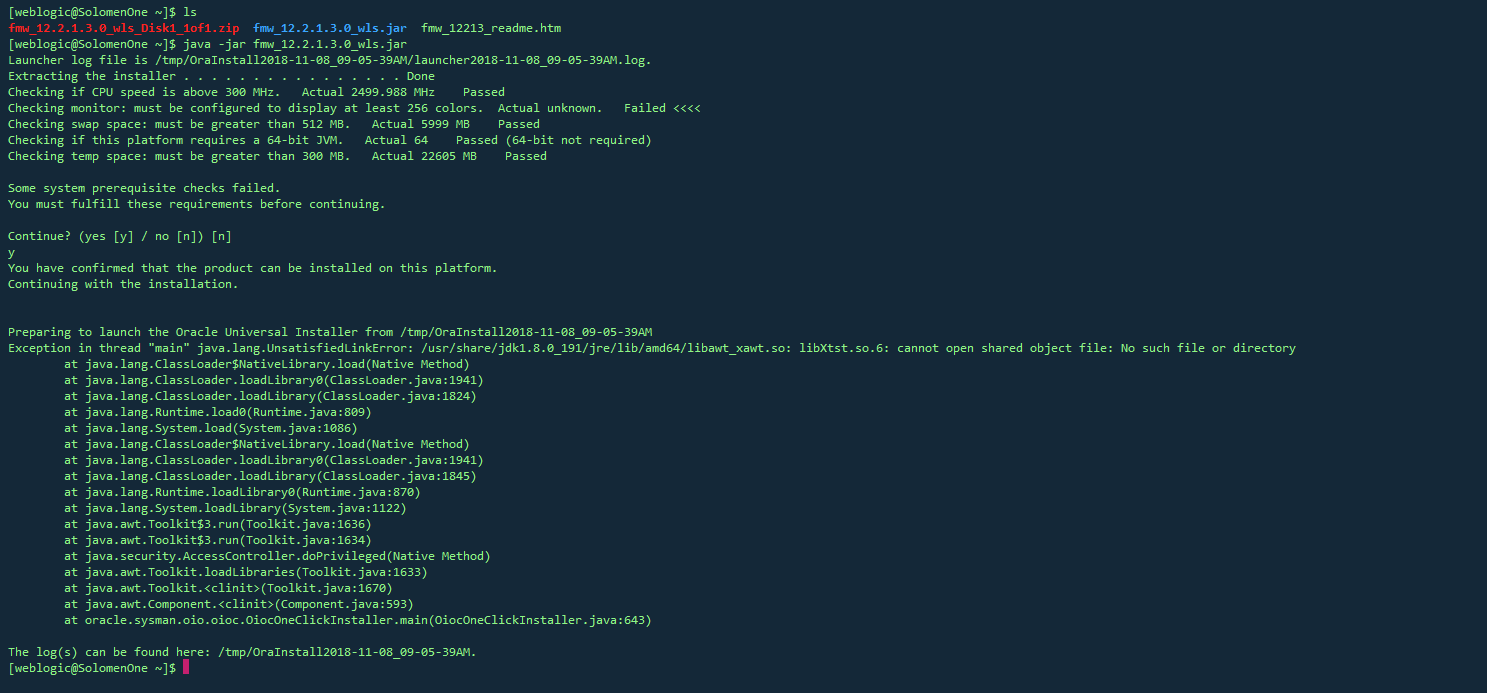Currently I have this :
@Scheduled(fixedRate=5000)
public void getSchedule(){
System.out.println("in scheduled job");
}
I could change this to use a reference to a property
@Scheduled(fixedRate=${myRate})
public void getSchedule(){
System.out.println("in scheduled job");
}
However I need to use a value obtained programmatically so the schedule can be changed without redeploying the app. What is the best way? I realize using annotations may not be possible...
Using a Trigger you can calculate the next execution time on the fly.
Something like this should do the trick (adapted from the Javadoc for @EnableScheduling):
@Configuration
@EnableScheduling
public class MyAppConfig implements SchedulingConfigurer {
@Autowired
Environment env;
@Bean
public MyBean myBean() {
return new MyBean();
}
@Bean(destroyMethod = "shutdown")
public Executor taskExecutor() {
return Executors.newScheduledThreadPool(100);
}
@Override
public void configureTasks(ScheduledTaskRegistrar taskRegistrar) {
taskRegistrar.setScheduler(taskExecutor());
taskRegistrar.addTriggerTask(
new Runnable() {
@Override public void run() {
myBean().getSchedule();
}
},
new Trigger() {
@Override public Date nextExecutionTime(TriggerContext triggerContext) {
Calendar nextExecutionTime = new GregorianCalendar();
Date lastActualExecutionTime = triggerContext.lastActualExecutionTime();
nextExecutionTime.setTime(lastActualExecutionTime != null ? lastActualExecutionTime : new Date());
nextExecutionTime.add(Calendar.MILLISECOND, env.getProperty("myRate", Integer.class)); //you can get the value from wherever you want
return nextExecutionTime.getTime();
}
}
);
}
}
Also you can use this simple approach:
private int refreshTickNumber = 10;
private int tickNumber = 0;
@Scheduled(fixedDelayString = "${some.rate}")
public void nextStep() {
if (tickNumber < refreshTickNumber) {
tickNumber++;
return;
}
else {
tickNumber = 0;
}
// some code
}
refreshTickNumber is fully configurable at runtime and can be used with @Value annotation.
you can manage restarting scheduling using TaskScheduler and ScheduledFuture :
@Configuration
@EnableScheduling
@Component
public class CronConfig implements SchedulingConfigurer , SchedulerObjectInterface{
@Autowired
private ScheduledFuture<?> future;
@Autowired
private TaskScheduler scheduler;
@Bean
public SchedulerController schedulerBean() {
return new SchedulerController();
}
@Bean(destroyMethod = "shutdown")
public Executor taskExecutor() {
return Executors.newScheduledThreadPool(100);
}
@Override
public void start() {
future = scheduler.schedule(new Runnable() {
@Override
public void run() {
//System.out.println(JOB + " Hello World! " + new Date());
schedulerBean().schedulerJob();
}
}, new Trigger() {
@Override public Date nextExecutionTime(TriggerContext triggerContext) {
Calendar nextExecutionTime = new GregorianCalendar();
Date lastActualExecutionTime = triggerContext.lastActualExecutionTime();
nextExecutionTime.setTime(convertExpresssiontoDate());//you can get the value from wherever you want
return nextExecutionTime.getTime();
}
});
}
@Override
public void stop() {
future.cancel(true);
}
@Override
public void configureTasks(ScheduledTaskRegistrar taskRegistrar) {
// TODO Auto-generated method stub
start();
}
}
interface for start stop :
public interface SchedulerObjectInterface {
void start();
void stop();
}
now you can stop and start again (restarting) Scheduling using @Autowired SchedulerObjectInterface


